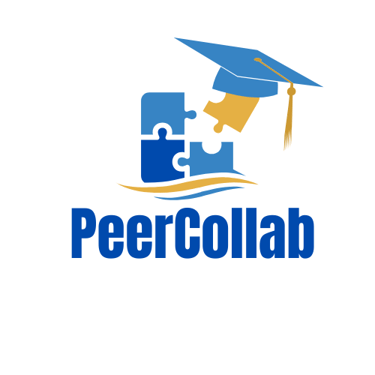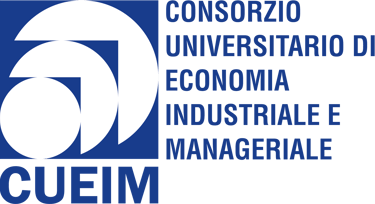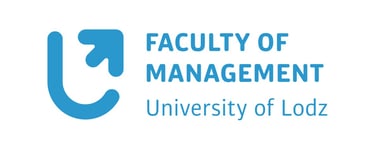About Peercollab
PeerCollab promotes innovation in teaching and learning by introducing and consolidating Peer Assessment (PA) strategies in higher education. The project places a strong emphasis on PA as a progressive move towards modernising conventional educational approaches and fostering a more interactive, student-centric learning environment.




Objectives
The primary objective of PeerCollab is to enhance the teaching quality of Higher Education Institutions (HEIs) by equipping lecturers with evidence-based strategies for integrating Peer Assessment into their pedagogical practices. The project aims to:
Promote student-centred learning approaches that foster deeper engagement with course materials.
Develop students' critical thinking, collaboration, and active learning skills.
Provide lecturers with insights into students’ comprehension, enabling more targeted teaching strategies.
Create inclusive and participative classroom environments that respect diverse perspectives.
Support the EU’s vision for modern, innovative, and inclusive higher education.
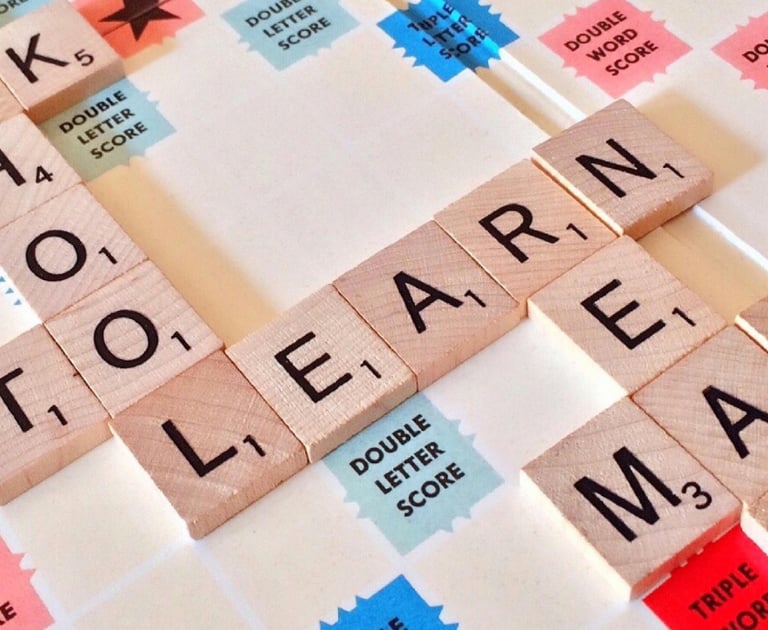

European Relevance
PeerCollab aligns with key EU educational priorities, particularly the promotion of student-centred practices and innovative, evidence-based teaching approaches. The project supports the European Commission’s commitment to modernising education and contributes to building an inclusive and innovative educational system.
By integrating Peer Assessment effectively, PeerCollab has the potential to:
Improve the overall quality of HE across Europe.
Equip graduates with essential skills for adaptability and success in the modern workforce.
Strengthen the EU’s academic community and broader economy by producing highly skilled and well-rounded individuals.
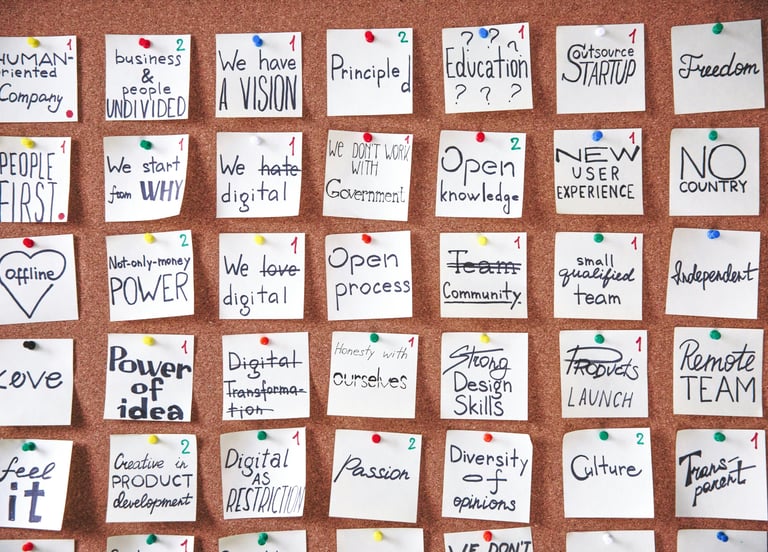

Target Groups
PeerCollab targets key stakeholders in higher education, including educators, students, administrators, policymakers, researchers, and service providers. Their involvement ensures the relevance, implementation, and sustainability of peer assessment practices across diverse educational contexts.
Secondary Target Groups
University administrators and policymakers can drive the adoption of evidence-based teaching by supporting project outcomes. Educational companies help turn ideas into practice through tools that enable peer assessment. Researchers benefit from the project’s insights, advancing academic understanding and innovation in assessment.
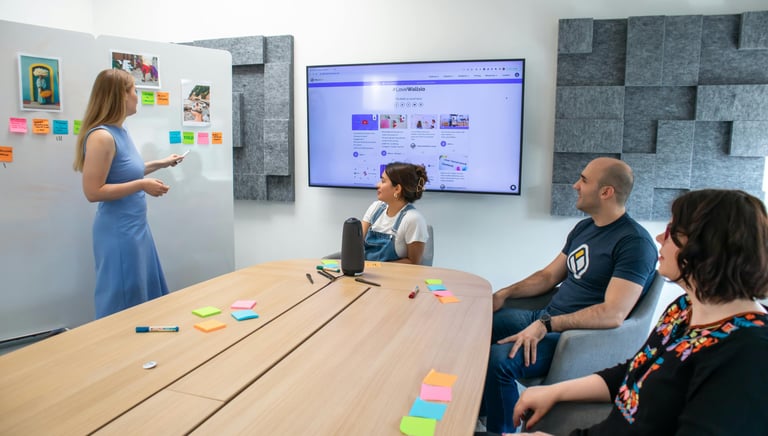

Primary Target Groups
This project focuses on lecturers and university professors, who are at the forefront of shaping students' learning experiences. It aims to empower educators with evidence-based strategies to effectively integrate peer assessment into their teaching practices.
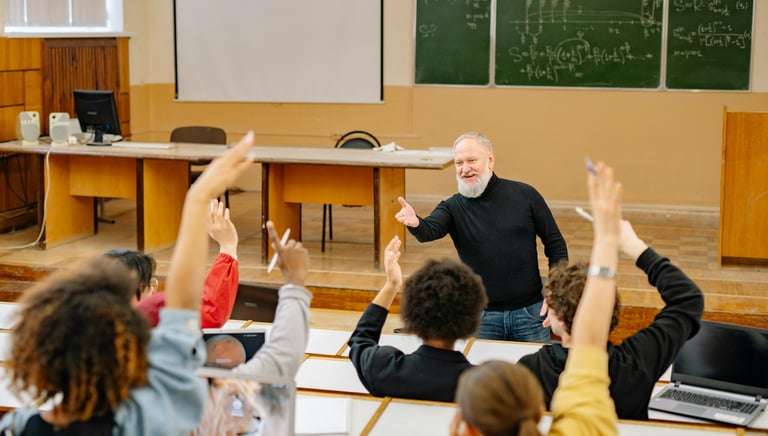

Work Packages
This WP ensures effective coordination, communication, and quality control across all project activities. It includes regular monitoring, risk management, and partner evaluation, supported by digital tools and structured reporting. This work package guarantees alignment with objectives and timely delivery of results.


WP1: Project Management
WP5: Communication, Dissemination and Events
WP4: Pilot Experience in the University
WP3: Lecturers Peer Assessment Training
WP2: Peer Assessment Handbook
WP2 lays the foundation for evidence-based peer assessment in higher education through desk research and stakeholder consultation. It develops a practical, research-informed PA Handbook for lecturers, supporting PeerCollab’s goals to enhance teaching quality and student engagement by integrating effective peer assessment practices.
WP3 focuses on developing adaptable educational materials and delivering comprehensive training programs for lecturers and trainers. This includes creating practical PA tools, implementing a 'Train the Trainer' program, and providing direct lecturer training to enhance teaching quality and student engagement. These efforts ensure broad dissemination and effective integration of peer assessment practices across partner institutions.
This work package focuses on implementing and evaluating peer assessment pilot experiences in real university classrooms. It provides support to lecturers, helps address challenges, and collects detailed feedback from both students and staff. By identifying best practices and sharing success stories, it demonstrates the practical impact of peer assessment, contributing to improved teaching quality and student learning.
This phase focuses on communicating and disseminating PeerCollab’s results through a project website, newsletters, social media, and partner networks to engage a broad community of educators. It also involves organizing regional and international events to showcase outcomes and promote dialogue among key stakeholders. These activities ensure wide accessibility and support the adoption of peer assessment practices across European higher education.


The PeerCollab project is structured into work packages that cover research, development, implementation, and dissemination of peer assessment practices. Each package focuses on key activities—from gathering evidence and creating resources to piloting innovations and sharing results—to enhance teaching quality and student engagement in higher education.
Project Consortium
The participating universities (UFV, CUEIM, UoL) share a strong commitment to educational excellence and innovation. Recognizing the transformative potential of Peer Assessment, these institutions are dedicated to enriching their curricula and improving student learning experiences. In addition, the non-university partners (ACEEU, SD) contribute valuable insights into policy development and the practical application of educational research, ensuring a holistic approach to the project’s implementation.
Fundacion Universidad Francisco de Vitoria
Spain
CUEIM
Italy
ACEEU GmbH
Germany
The Square Dot Team
Belgium
Uniwersytet Łódzki
Poland
Project Coordinator
Partners
Specializes in research and policy development, supporting social and economic innovation through strategic consulting.
Advances higher education institutions by providing accreditation and fostering entrepreneurial and engaged university models.
Dedicated to academic excellence, promoting research, education, and community engagement for sustainable societal progress.
Supports academic and professional training in industrial economics and management, bridging the gap between education and industry.
Promotes education, research, and social impact initiatives to foster innovation and societal development.
The project “PeerCollab” is co-funded by the Erasmus+ Programme of the European Union. The views expressed in the working papers, deliverables and reports are those of the project consortium partners. These views have not been adopted or approved by the Commission and should not be relied upon as a statement of the Commission’s or its services’ views. The European Commission does not guarantee the accuracy of the data included in the working papers and reports, nor does it accept responsibility for any use made thereof.
© 2025. All rights reserved.
Follow us
Keep in Touch
Project Number: 2024-1-ES01-KA220-HED-000254336
